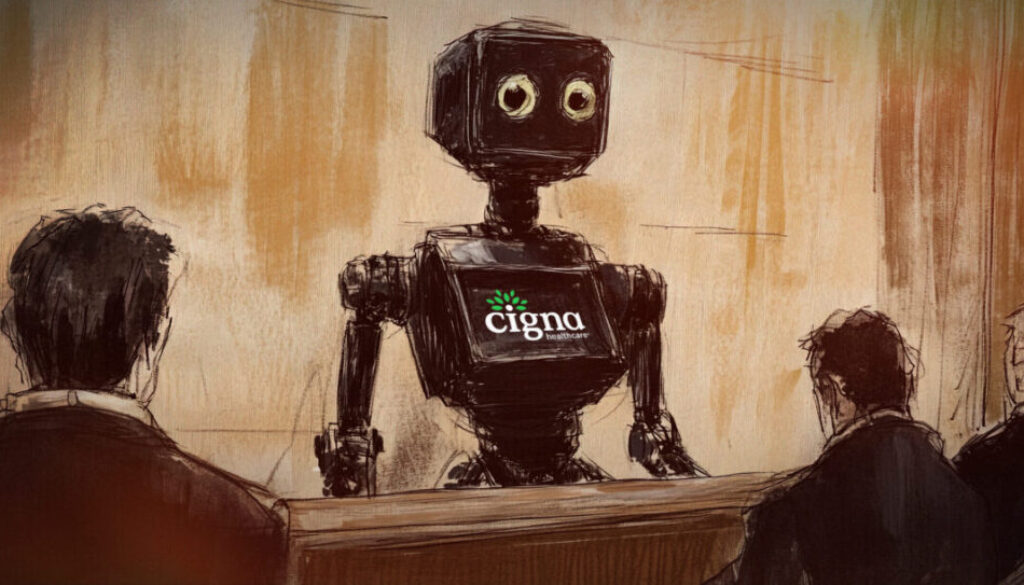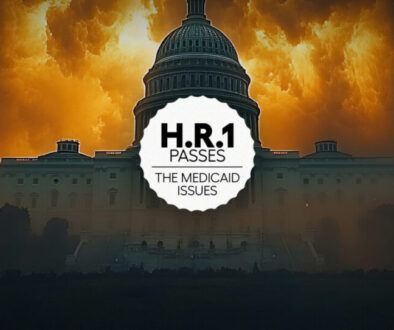California Judge gives Cigna a (partial) win in improper claim denial lawsuit

A California judge is giving plaintiffs until late April to file a fourth amended complaint alleging that Cigna used a computer algorithm to improperly deny claims.
Judge Dale A. Drozd awarded Cigna a partial summary judgment last week, leaving a narrow opening for plaintiffs to keep their class-action lawsuit alive.
Initially filed in July 2023, the federal lawsuit alleges that Cigna used a computer algorithm to automatically reject hundreds of thousands of patient claims without examining them individually as required by California law.
At issue is Cigna’s “procedure-to-diagnosis” or PxDx software, which reviewed and denied customer claims.
Judge Drozd rejected some claims based on “timeliness.” Some defendants exceeded the time set by their benefits’ plans to allege Employee Retirement Income Security Act of 1974 violations, Cigna noted.
The judge also accepted Cigna’s claim that plaintiffs Suzanne Kisting-Leung, Christina Thornhill and Amanda Bredlow lacked standing to claim that PxDx denied their treatment. Cigna introduced an affidavit from Dr. Julie B. Kessel, a Cigna medical officer, to support their contention that the three plaintiffs “did not have their claims denied through PxDx review, and therefore have not suffered the alleged injury in fact,” the judge noted.
“Plaintiffs provide no countervailing evidence, though they do argue defendants’ evidence is speculative,” Drozd wrote.
Breach of fiduciary duty alleged
Judge Drozd allowed other claims to continue – for example, breach of fiduciary duty allegations.
“Because plaintiffs adequately alleged that defendants violated the plan terms when they entrusted medical necessity determinations to the PxDx algorithm, they have adequately
plead a breach of fiduciary duty,” the judge wrote.
Drozd was not buying Cigna’s claim that because doctors can control PxDx they are fulfilling a plan requirement that “medical necessity decisions be made by a medical director.”
“[T]he court finds defendants’ interpretation of the plan provision requiring determinations of medical necessity be made by a medical director—as allowing an algorithm to make the decision so long as a medical director pushes the button—conflicts with the plain language of the plan and constitutes an abuse of discretion,” Drozd wrote.
The judge issued his opinion on March 31, giving plaintiffs 21 days to file a fourth amended complaint.
ProPublica investigation
The lawsuits can be traced to a May 2023 investigative report by ProPublica. The story claimed that Cigna “has built a system that allows its doctors to instantly reject a claim on medical grounds without opening the patient file, leaving people with unexpected bills, according to corporate documents and interviews with former Cigna officials.”
Over a period of two months last year, Cigna doctors denied over 300,000 requests for payments using this method, spending an average of 1.2 seconds on each case, ProPublica reported, citing documents.
Plaintiffs accuse Cigna of “deceptive and misleading representations.”
“For example, Cigna’s policies falsely claim that determinations related to medical necessity of health care services would be made by a medical director, when in reality the medical directors are not involved in reviewing patients’ claims,” their lawsuit states.
Cigna’s motion to dismiss the Kisting-Leung lawsuit calls the ProPublica piece “misleading and inflammatory” and said the lawsuits that followed are “based on a fundamental misunderstanding about how the PxDx claims review process works and when Cigna uses it.”
Dr. Alan Muney, Cigna’s former chief medical officer, helped develop the PxDx process and cooperated with the ProPublica article, Cigna said. As Muney explained, the PxDx process was “designed to prevent claims for care that Cigna considered unneeded or even harmful to the patient,” the motion to dismiss says, and it “simply allowed Cigna to cheaply identify claims that it had a right to deny.”
In a previous statement sent to InsuranceNewsNet, Cigna explained its position: “To be clear: patients are not denied care through PxDx because the review takes place only after they receive treatment, and most do not experience any additional costs even if a claim is denied. Procedure to Diagnosis is a simple process that helps accelerate payments to clinicians for common, relatively low-cost tests and treatments, and it is not powered by AI or an algorithm. This is an industry-standard review which is similar to processes that have been used by CMS and our peers for many, many years.”
© Entire contents copyright 2025 by InsuranceNewsNet.com Inc. All rights reserved. No part of this article may be reprinted without the expressed written consent from InsuranceNewsNet.com.
The post California Judge gives Cigna a (partial) win in improper claim denial lawsuit appeared first on Insurance News | InsuranceNewsNet.





